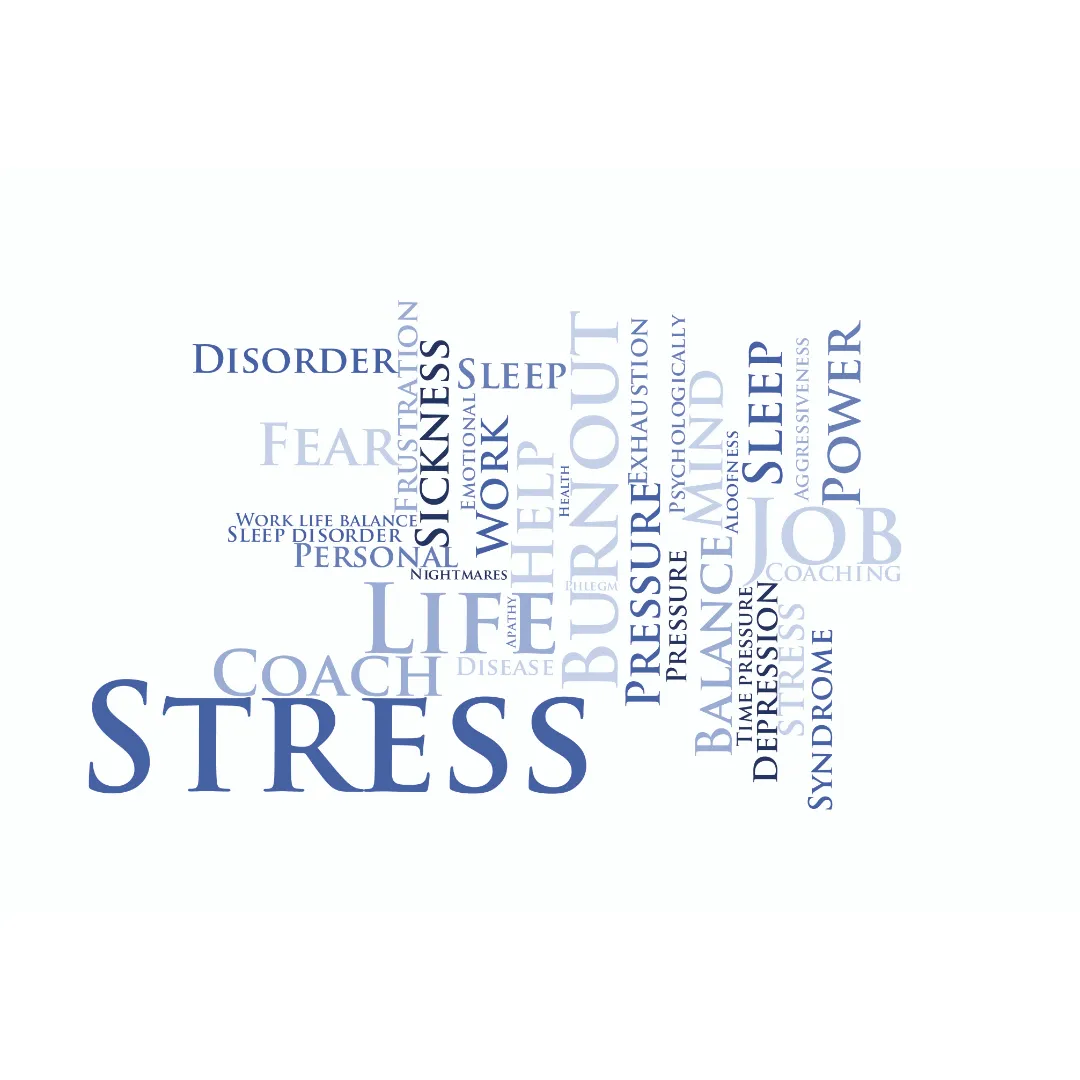*Open to Florida Residents
Blog
Blog

Cultivate tranquility and foster a harmonious relationship with your inner self
In the bustling modern world, stress has become an unwelcome companion, affecting our physical and mental well-being. As we strive for balance and vitality, understanding the crucial role of stress reduction in maintaining optimal health becomes paramount. In this blog we discuss strategies to cultivate tranquility and foster a harmonious relationship with our inner selves. Reducing stress is essential for maintaining overall well-being and promoting a healthy lifestyle. Here are some effective strategies to help decrease stress:
Regular Exercise: Engaging in physical activity, such as walking, jogging, yoga, or dancing, can help reduce stress levels. Exercise releases endorphins, improves mood, and promotes relaxation.
Practice Mindfulness and Meditation: Mindfulness techniques, such as deep breathing exercises, meditation, and mindfulness-based stress reduction, can help calm the mind, promote relaxation, and reduce stress. Taking a few moments each day to focus on the present moment can have a significant impact on stress levels.
Get Sufficient Sleep: Prioritize quality sleep by establishing a regular sleep routine. Aim for 7-9 hours of uninterrupted sleep each night. Create a relaxing bedtime routine, ensure a comfortable sleep environment, and avoid electronic devices before bed.
Establish Healthy Boundaries: Learn to say no when necessary and set clear boundaries to avoid overcommitting yourself. Prioritize your well-being and allocate time for activities that bring you joy and relaxation.
Practice Stress-Relieving Activities: Engage in activities that help you relax and unwind, such as listening to calming music, reading a book, taking a warm bath, spending time in nature, or pursuing hobbies that bring you pleasure.
Maintain a Balanced Lifestyle: Strive for a balanced lifestyle that includes regular breaks, leisure time, and social connections. Schedule regular self-care activities, such as taking walks, practicing hobbies, or spending time with loved ones.
Healthy Diet: Focus on a nutritious diet that includes whole foods, fruits, vegetables, lean proteins, and healthy fats. Limit the consumption of caffeine, alcohol, and processed foods, as they can contribute to increased stress levels.
Seek Support: Reach out to friends, family, or a support network when you need to talk or share your feelings. Seeking professional help from a therapist or counselor can also provide valuable guidance and support in managing stress.
Time Management: Improve your time management skills by prioritizing tasks, breaking them into smaller, manageable steps, and avoiding excessive multitasking. Delegate tasks when possible and use effective time management techniques, such as creating to-do lists or using productivity tools.
Positive Thinking: Cultivate a positive mindset by focusing on gratitude, practicing self-compassion, and reframing negative thoughts. Engage in activities that bring you joy and laughter.
Remember, it's important to find what works best for you in managing stress. Implementing these strategies consistently and making self-care a priority can help you reduce stress levels and improve your overall well-being.

Cultivate tranquility and foster a harmonious relationship with your inner self
In the bustling modern world, stress has become an unwelcome companion, affecting our physical and mental well-being. As we strive for balance and vitality, understanding the crucial role of stress reduction in maintaining optimal health becomes paramount. In this blog we discuss strategies to cultivate tranquility and foster a harmonious relationship with our inner selves. Reducing stress is essential for maintaining overall well-being and promoting a healthy lifestyle. Here are some effective strategies to help decrease stress:
Regular Exercise: Engaging in physical activity, such as walking, jogging, yoga, or dancing, can help reduce stress levels. Exercise releases endorphins, improves mood, and promotes relaxation.
Practice Mindfulness and Meditation: Mindfulness techniques, such as deep breathing exercises, meditation, and mindfulness-based stress reduction, can help calm the mind, promote relaxation, and reduce stress. Taking a few moments each day to focus on the present moment can have a significant impact on stress levels.
Get Sufficient Sleep: Prioritize quality sleep by establishing a regular sleep routine. Aim for 7-9 hours of uninterrupted sleep each night. Create a relaxing bedtime routine, ensure a comfortable sleep environment, and avoid electronic devices before bed.
Establish Healthy Boundaries: Learn to say no when necessary and set clear boundaries to avoid overcommitting yourself. Prioritize your well-being and allocate time for activities that bring you joy and relaxation.
Practice Stress-Relieving Activities: Engage in activities that help you relax and unwind, such as listening to calming music, reading a book, taking a warm bath, spending time in nature, or pursuing hobbies that bring you pleasure.
Maintain a Balanced Lifestyle: Strive for a balanced lifestyle that includes regular breaks, leisure time, and social connections. Schedule regular self-care activities, such as taking walks, practicing hobbies, or spending time with loved ones.
Healthy Diet: Focus on a nutritious diet that includes whole foods, fruits, vegetables, lean proteins, and healthy fats. Limit the consumption of caffeine, alcohol, and processed foods, as they can contribute to increased stress levels.
Seek Support: Reach out to friends, family, or a support network when you need to talk or share your feelings. Seeking professional help from a therapist or counselor can also provide valuable guidance and support in managing stress.
Time Management: Improve your time management skills by prioritizing tasks, breaking them into smaller, manageable steps, and avoiding excessive multitasking. Delegate tasks when possible and use effective time management techniques, such as creating to-do lists or using productivity tools.
Positive Thinking: Cultivate a positive mindset by focusing on gratitude, practicing self-compassion, and reframing negative thoughts. Engage in activities that bring you joy and laughter.
Remember, it's important to find what works best for you in managing stress. Implementing these strategies consistently and making self-care a priority can help you reduce stress levels and improve your overall well-being.
Let me help you achieve your goals.
Disclaimer: We understand that every individual's experience is unique and results may vary depending on various factors, such as attitude, adaptability, personal history, and overall health. For your safety and well-being, we highly recommend consulting your physician before beginning any program. At Elite Sexual Hormone Health, we do not diagnose, treat, or prescribe any medical or psychological disorders. We urge you to seek the care of a qualified physician or psychotherapist if you suffer from any psychological or medical disorder. Thank you for choosing Elite Sexual Hormone Health as your partner in your journey towards wellness.
© 2026, Elite Sexual Hormone Health. All rights reserved.
Privacy Policy | Terms of Service | Disclaimer
© 2026, Elite Sexual Hormone Health. All rights reserved.
Website by Hypnotherapy Accelerator





